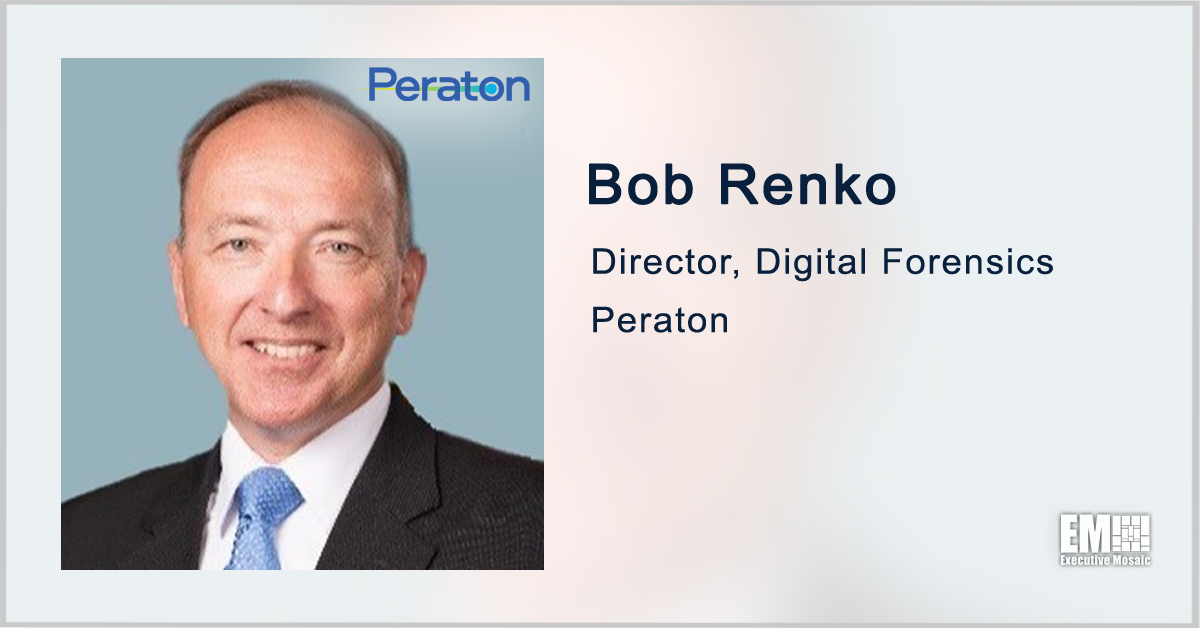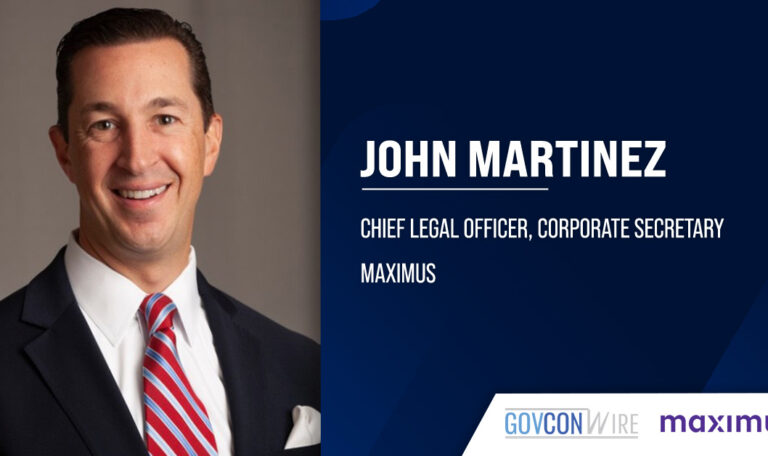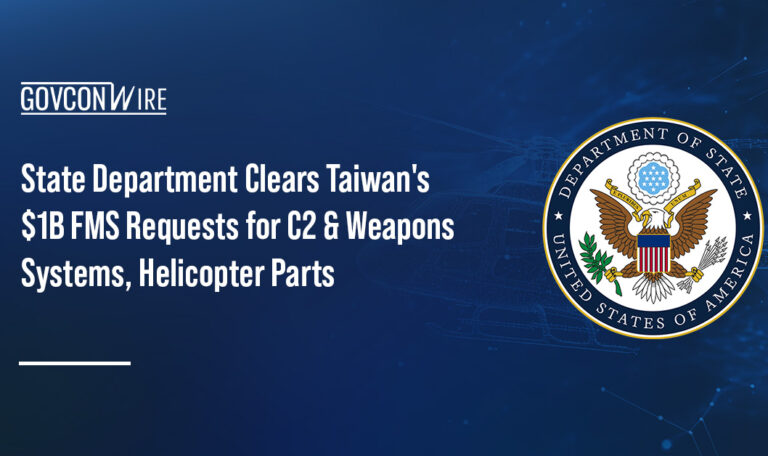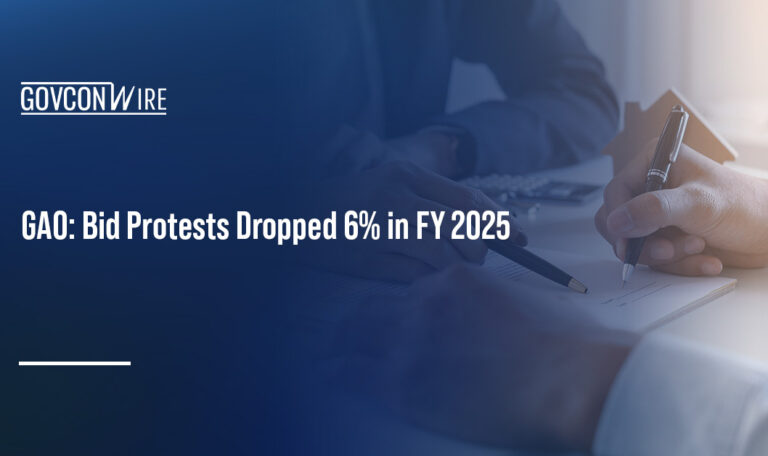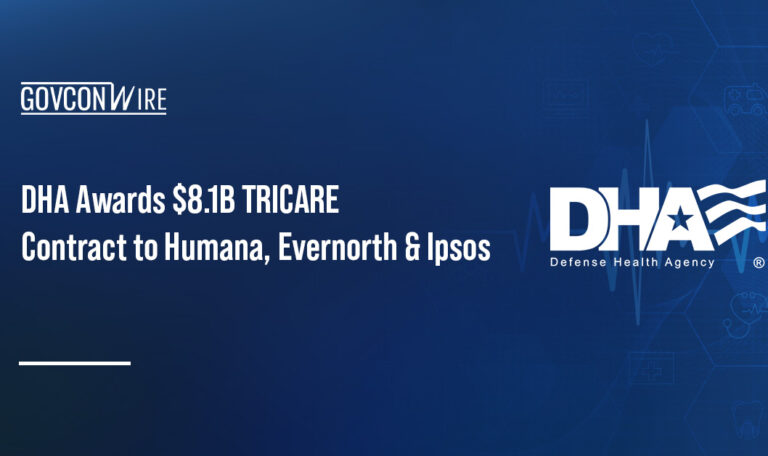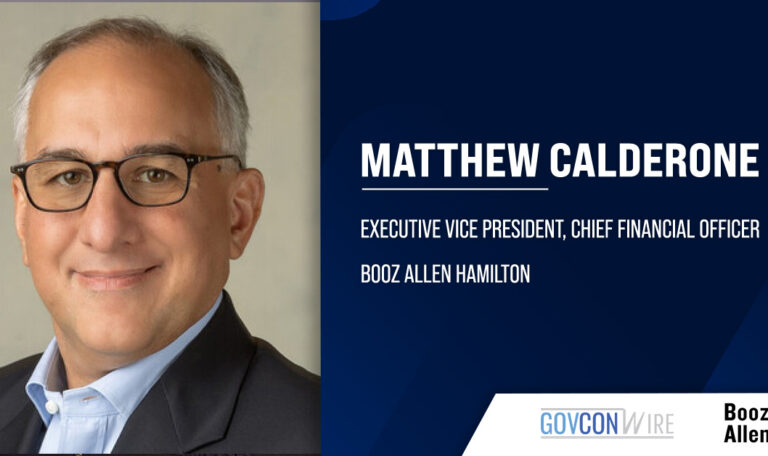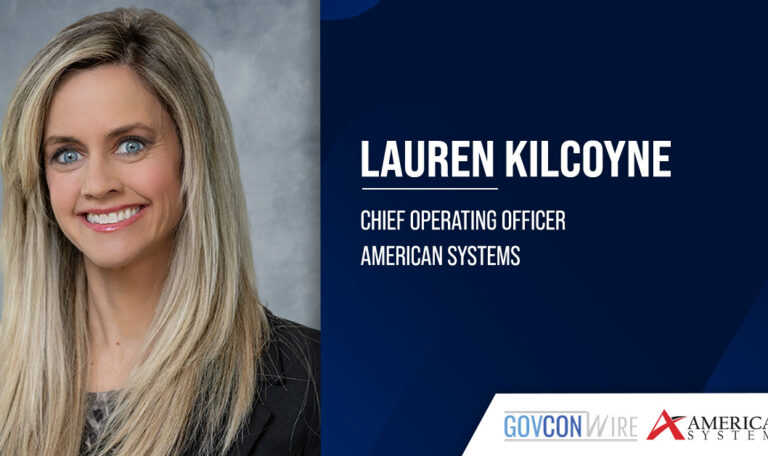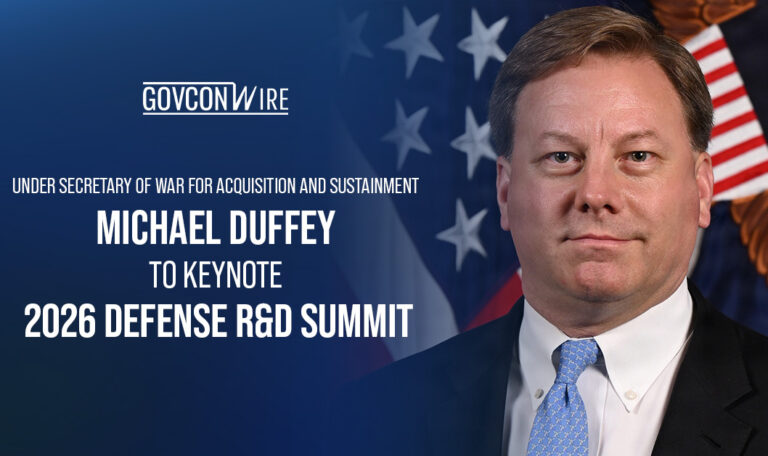Following an opening keynote address by Morgan Adamski, chief of the National Security Agency (NSA) Cybersecurity Collaboration Center, GovConWire Events moved to the second part of Wednesday’s Defense Cybersecurity Forum with a can’t miss expert panel.
Bob Renko, director of digital forensics at Peraton, acted as the panel’s moderator with Jeffrey Specht of the Department of Defense, Richard Naylor of the Defense Counterintelligence and Security Agency, Jude Sunderbruch of the U.S. Air Force and Daniel D’Ambrosio of the U.S. Navy serving as panelists.
If you missed the Defense Cybersecurity Forum, you can still access the OnDemand footage by visiting Potomac Officers Club’s Event Page.
To begin the panel discussion, Renko detailed that Wednesday’s panel featured four senior and elite leaders from the Department of Defense (DOD) with decades of experience to discuss digital forensics and the latest trends and challenges in cybersecurity.
Renko first introduced DoD’s Jeffrey Specht to lead off the panel with DoD’s Cyber Crime Center (DC3) and Specht discussed the great success as a result of the program and the potential changes coming down the road.
Specht detailed that the program began with 16 companies and is now well over 800 companies, which has made a significant impact in terms of where the money is flowing and how much of the acquisition dollars floating around the federal sector are going to the companies in question.
“In terms of insight, this really pivots on the criticality that we can’t do anything as the government without the assistance of the industrial base. The collective in terms of protecting those DOD equities is what the cybersecurity program is all about,” Specht explained.
After Specht’s opening panel comments, Rento introduced the Air Force’s Jude Sunderbruch to talk about the Open Systems Interconnection (OSI) model, its history and the cyber investigative initiatives that OSI is working on currently.
Sunderbruch detailed that the Air Force continues to collectively put itself in the best position to drive innovation and develop its cyber strategy to provide the latest and top-notch investigative capabilities to its field special agents and ensure the service branch is postured to continue its criminal investigative and counterintelligence activities to both identify and neutralize threats to our national security.
“One of the challenges is when we’re investigating an intrusion, it’s not immediately clear if there is a nation-state behind it. We need to be postured to build upon the success that we’ve had in the past, which leads to other lanes of strategy such as developing partnerships and ensuring we are operating with clear roads and continuing to operate with other federal agencies as well for improved collaboration,” said Sunderbruch.
Rento highlighted Sunderbruch’s comments regarding collaboration and welcomed Daniel D’Ambrosio, executive assistant director of the Naval Criminal Investigative Service’s (NCIS) Cyber Directorate, to the stage to discuss automation and how the volume of evidence influences our capacity to address the challenges of using automation and digital forensics?
D’Ambrosio emphasized that despite the challenges at hand and the volume of data available, that hasn’t played a factor in changing the requirements to process data in a timely manner as set by the courts. He explained that the U.S. Navy welcomes automation and its tools to improve the investigative and forensics information process.
“We put a big emphasis on forensic examiners being able to forensically walk the data back to explain the whole contact text of that data. We have computer specialists. We have computer scientists. We have data scientists that are in-house that can utilize fully analyzed tools and techniques and author standard processes on properly using the tools to ensure best practices that will also stand up in court,” D’Ambrosio explained.
After introducing Richard Naylor of the Defense Counterintelligence and Security Agency (DCSA) to the panel, Renko asked for his expertise on DCSA’s successful efforts to prevent cyberattacks and protect the defense industrial base and our nation’s networks because we tend to only hear about the negative headline-grabbing incidents.
To hear Naylor’s response as well as the next 40 minutes of the expert panel discussion during GovConWire Events’ Defense Cybersecurity Forum, you can still access the OnDemand footage by visiting GovConWire Events’ Archive Page.

GovConWire Events will host its Data Innovation Forum on June 15th to explore the federal government’s modernization data strategy, innovation in the artificial intelligence and machine learning data processing industry and how to better process and protect sensitive data.
David Spirk, Chief Data Officer of the DOD, will serve as the forum’s keynote speaker. He will address the DOD’s defense data strategy, plans for commercial data, analytics, AI and emerging data processing technologies.
Visit GovConWire Events to register and learn more about the upcoming Data Innovation Forum on June 15th.


